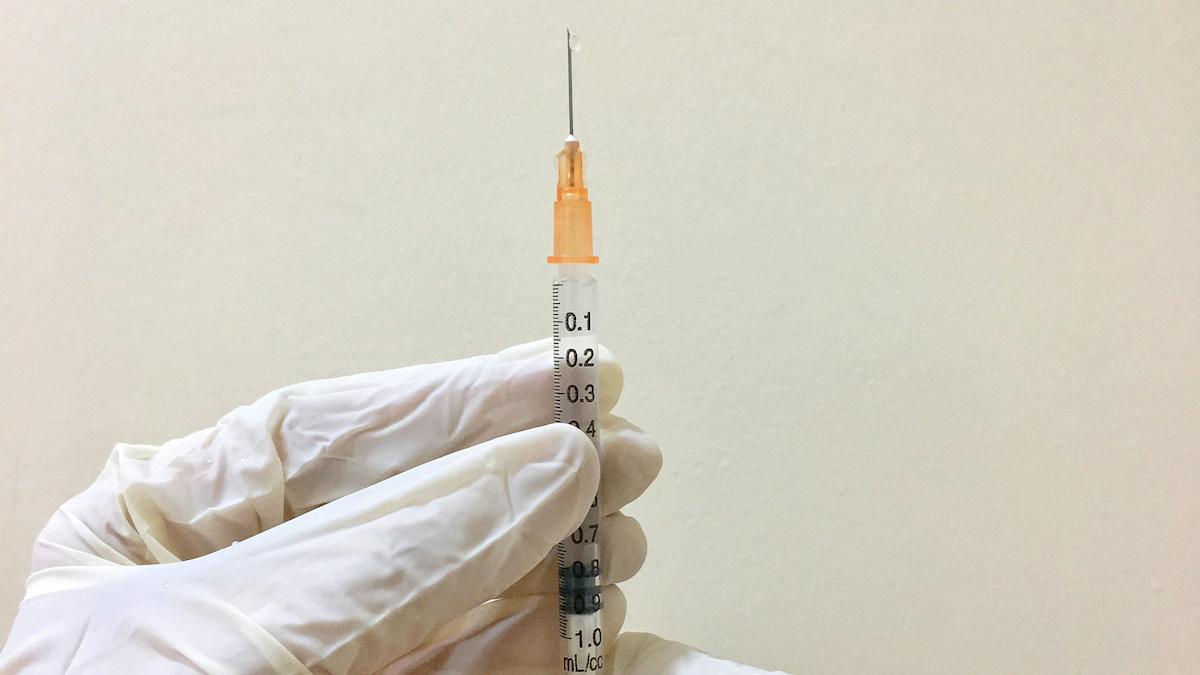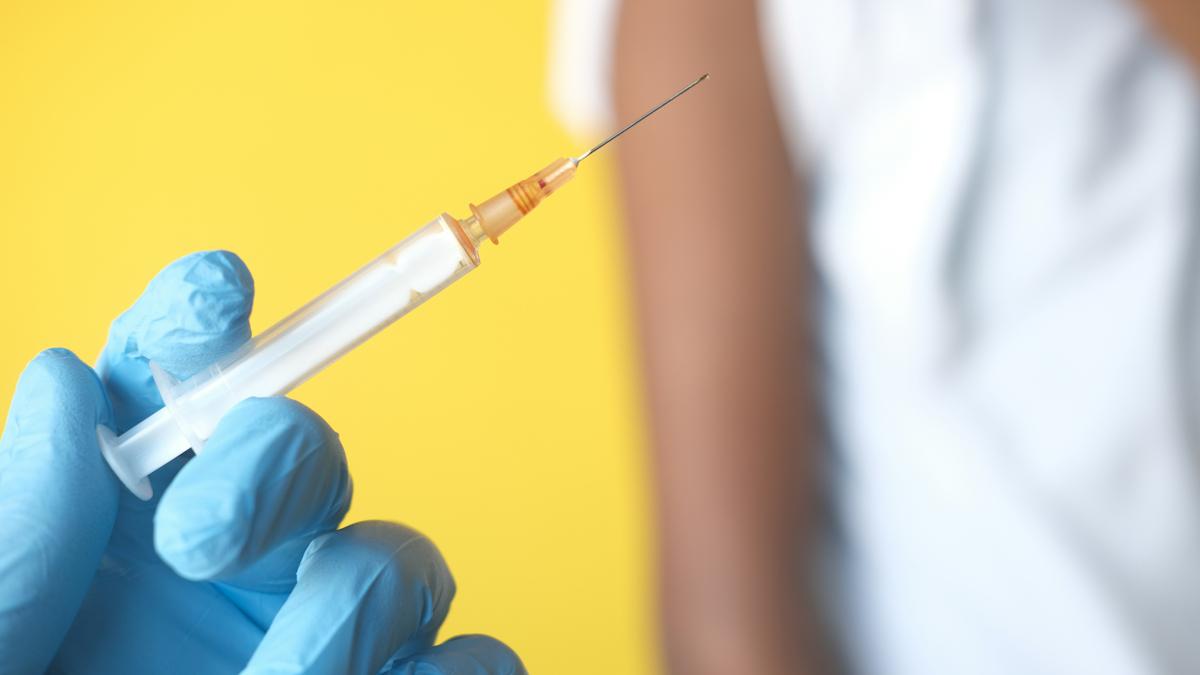US measles elimination status at risk as cases soar

Once eliminated from the US, measles – a highly contagious and potentially deadly infectious disease – is experiencing a troubling comeback with nearly 1,300 confirmed infections so far this year.
That is the highest number of cases since 1992, driven in part by an ongoing outbreak in the southwest that has resulted in three deaths involving two unvaccinated children and an adult.
The resurgence comes 25 years after measles was declared eliminated in the US by the CDC – meaning there was no continuous disease transmission for more than 12 months – thanks to the introduction of childhood immunisation programmes that started in the 1960s.
The new data from the US Measles Tracker, hosted by the International Vaccine Access Center (IVAC) at the Johns Hopkins Bloomberg School of Public Health, suggests that the US is at risk of losing its measles elimination status, according to IVAC executive director William Moss, who co-leads the tracking project.
Nearly all 2025 cases have occurred in those who are unvaccinated or whose vaccination status is unknown, according to Johns Hopkins, which said that finding was "unsurprising" as vaccine confidence "continues to be undermined."
Cases have been reported across a wide age range, indicating that this outbreak was years in the making due to long-standing gaps in measles vaccine coverage, it added.
The increase in cases comes as Health and Human Services (HHS) Secretary Robert F Kennedy Jr, who has well-established vaccine sceptic credentials, has been overseeing an upheaval in US immunisation policy and has been lukewarm in his support of measles vaccination.
Earlier this year, Children's Health Defence – an anti-vaccine group founded by Kennedy – updated and reissued a 2021 book that suggests that measles vaccination is risky and its benefits have been exaggerated. Meanwhile, in a Congressional hearing in May, Kennedy stopped short of endorsing vaccination.
He would not say he recommended measles vaccination for children, suggesting he would simply lay out the pros and cons and let parents decide, adding: "I don't think people should be taking […] medical advice from me."
The measles, mumps, and rubella (MMR) vaccine is highly effective – about 97% after two doses – but to achieve herd immunity and prevent outbreaks, a vaccination rate of around 95% is required.
It should be noted that the rise in cases is not confined to the US, with a rising number of infections being reported in Canada and Europe, which has been attributed to immunisation programmes that have stalled, or gone into reverse, over the last 20 years.
It has been suggested that parental hesitancy, fuelled by misinformation about vaccine safety, religious or philosophical objections, and access barriers, have all played a role in the decline.
The HHS said it is continuing to support communities affected by the current outbreak and insisted the risk is low compared to other countries, including Canada and the UK, which have seen 3,000 and 529 reported cases, respectively, so far this year. It acknowledged, however, that infections are higher in communities with low vaccination rates in areas with active measles outbreaks.
The CDC still recommends that people receive two MMR vaccine doses, with a first given at 12 to 15 months of age and a second between four and six years old, but the HHS statement reiterates that the decision to vaccinate is "a personal one" for parents.
Photo by Kristine Wook on Unsplash












